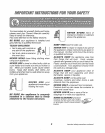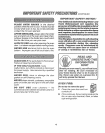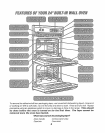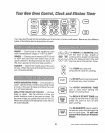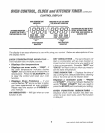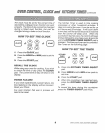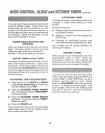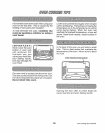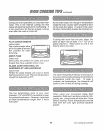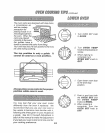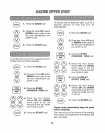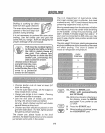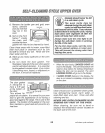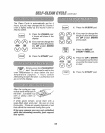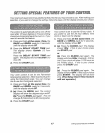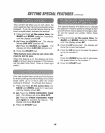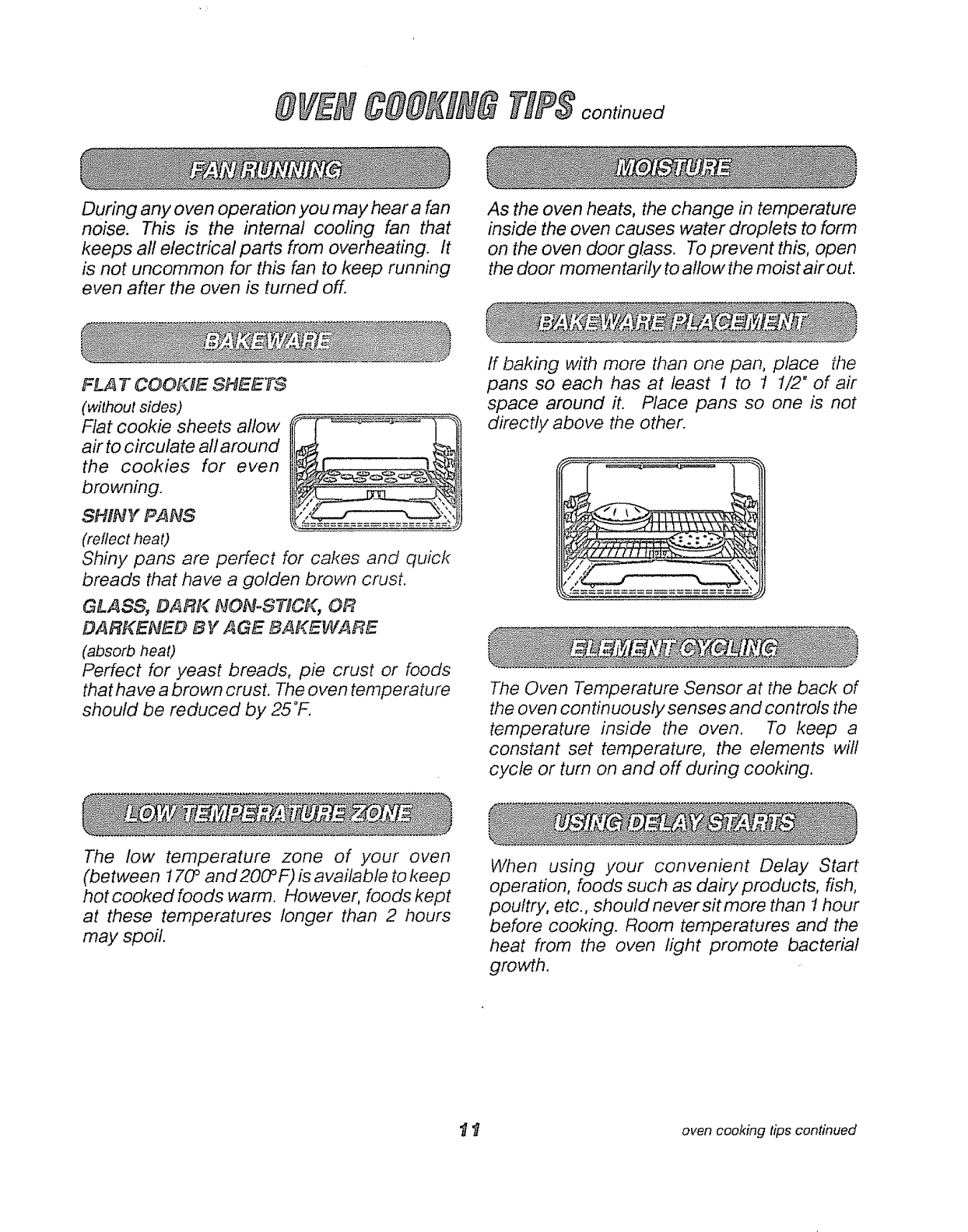
During any oven operation you may hear a fan
TEP8con nue ,
noise. This is the internal cooling fan that
keeps all electrical parts from overheating, it
is not uncommon for this fan to keep running
even after the oven is turned off.
As the oven heats, the change in temperature
inside the oven causes water droplets to form
on the oven door glass. To prevent this, open
the door momentarily to allowthe moist air out.
FLA T COOKIE SHEETS
(without sides)
Flat cookie sheets allow
airto circulate all around
the cookies for even
browning.
SHINY PANS
(reflect heat)
Shiny pans are perfect for cakes and quick
breads that have a golden brown crust.
GLASS, DARK NONoSTICK, OR
DARKENED BY AGE BAKEWARE
(absorb heat)
Perfect for yeast breads, pie crust or foods
that have a brown crust. The oven temperature
should be reduced by 25°F.
If baking with more than one pan, place the
pans so each has at least 1 to 1 1/2" of air
space around it. Place pans so one is not
directly above the other.
The Oven Temperature Sensor at the back of
the oven continuously senses and controls the
temperature inside the oven. To keep a
constant set temperature, the elements will
cycle or turn on and off during cooking.
The low temperature zone of your oven
(between 170 _and 2OO°F) is available to keep
hot cooked foods warm. However, foods kept
at these temperatures longer than 2 hours
may spoil.
When using your convenient Delay Start
operation, foods such as dairy products, fish,
poultry, etc., should never sit more than 1 hour
before cooking. Room temperatures and the
heat from the oven light promote bacterial
growth.
t 1] oven cooking tips continued



